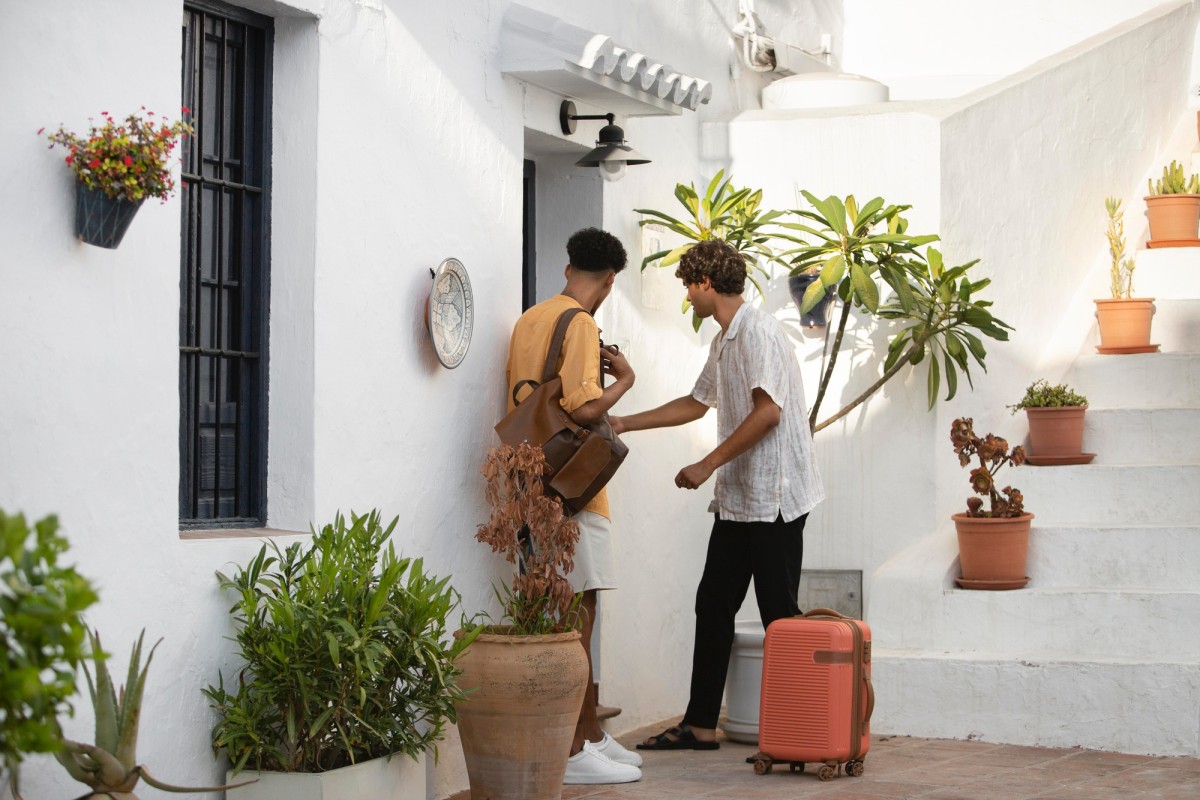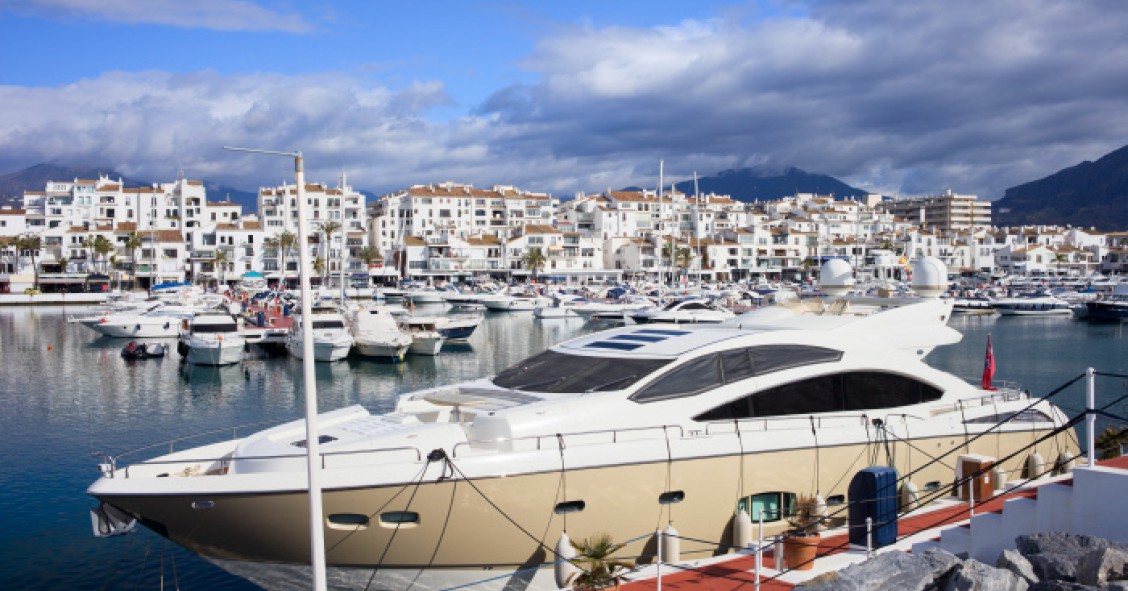
Renting a property for tourism purposes legally implies complying with certain requirements that may vary depending on different factors: whether it is a business or professional activity; where the accommodation is located; whether it is in a community property...
Owners and operators often have many questions, especially at a time when tensions are rising as neighbourhoods and cities are being gentrified as a result of the ‘Airbnb phenomenon’.
To help you navigate this field in complete confidence, here are the key points you need to know about the regulations governing tourist accommodation, a key aspect for owners and operators who wish to rent out their properties legally and safely in Spain.
General requirements for tourist apartments
The first thing you need to know is who regulates tourist apartments: autonomous communities and local councils are responsible for the regulations governing tourist apartments and flats in Spain, meaning that each region has its own legislation and requirements.
For example, the Community of Madrid requires the Tourist Accommodation Suitability Certificate (CIVUT), and for the property to be registered on the Tourist Business Register. In the Community of Valencia, on the other hand, a tourist tax has been introduced, which varies between €1 and €1.50.
It is important to be clear about the applicable regulations (and what regulatory trends exist) depending on the location of the property or group of properties before taking any steps or making any investments.
In addition, a distinction must be made between the different accommodation types. In this sense, knowing the differences between a holiday home and a tourist accommodation is essential. Here are the most important ones:
- Holiday home (VUT in Spanish): These properties belong to private individuals and are rented intermittently and unprofessionally, usually through online platforms.
- Tourist accommodation (AT in Spanish): They are usually managed by companies and must comply with standards such as key sorting and reception services.
Regional regulations often make a distinction between the two types of activity and impose stricter requirements for professionally managed flats.
Two basic requirements: a licence and a certificate of suitability
To legalise a tourist accommodation, you will need to prepare a series of documents to prove that it complies with the regulations and register the property in the corresponding tourist accommodation register. The aim is to obtain the tourist licence and certificate of suitability, essential documents that guarantee that the property complies with the current regulations:
Registration and tourist license
Each autonomous community sets its own requirements for obtaining it. For example, in Barcelona, since 2017, you need to comply with the Special Urban Plan for Tourist Accommodation (PEUAT), which includes habitability requirements and also orders and limits licensing taking into account the balance between residential and tourist accommodation in each neighbourhood.
Once the tourist licence has been obtained, the activity must be listed on the autonomous community's Tourism Register and, from then on, the accommodation must be maintained to the same high-quality standards.
- Certificate of suitability: It is required by the different regulations and must be issued by an architect or quantity surveyor. It is used to prove that the property complies with the regulatory standards for the tourist use offered.
It is worth noting that, if the property is part of a building or any other type of community property regime, you must respect the limits set out in the community's rules and regulations.

Tourist accommodation regulations by autonomous community
As we have seen, each autonomous community is in charge of regulating tourist activity and, specifically, licensing tourist flats and apartments. This is because autonomous communities have broad competences in housing and urban planning, precisely so that they can adapt the rules according to the specific needs of each area.
Therefore, there are different requirements in each autonomous community. There are also specific regulations at the provincial, local or island level, especially in the case of densely populated or very touristic areas. However, these regulations must respect the autonomous community law, which is superior.
Beyond this, some laws set certain limits at the state level, especially in terms of habitability. The most relevant case is the Technical Building Code (CTE in Spanish), although the Community Property Law (LPH in Spanish) also makes some reference to prohibiting or limiting holiday homes.
In addition, each autonomous community has its own regulations on tourist rentals. The following regulations are currently in force (information is only available in Spanish):
- Andalusia
- Aragon
- Asturias, although there is another regulation on the way
- Balearics
- Canary Islands, although there is another regulation on the way
- Cantabria
- Castile and Leon
- Castille la Mancha
- Catalonia
- Valencian Community
- Estremadura
- Galicia
- Madrid
- Murcia, decree no. 256/2019, of 10 October
- Navarra, Regional decree 230/2011, of 26 October
- Basque Country
- La Rioja
Regulations for tourist accommodation in Madrid
One of the most frequently asked cases is the regulation of tourist accommodation in Madrid. In this case, we must adhere to Decree 79/2014, of 10 July, as well as the General Urban Development Plan of Madrid of 1997 (PGOUM 97) or the Special Accommodation Plan (PEH).
These rules state that tourist accommodation in Madrid must have a living-dining room or kitchen, bathroom and bedroom; storage furniture and cleaning utensils; bed linen and towels; Wi-Fi connection; and a 24-hour contact telephone number for emergencies or incidents, among other things.
Furthermore, the accommodation's registration plaque must be visible, complaint forms must be available, and a traveller record must be kept. Liability insurance is also compulsory.
Holiday home requirements in Catalonia
As for holiday home regulation in Catalonia, a Decree Law has recently been approved to regulate housing for tourist use in 262 Catalan towns and cities. These towns and cities have problems with access to housing, which already have more than five tourist apartments per 100 inhabitants or which meet both requirements: these towns and cities will not be able to grant licences to open tourist accommodation until they adapt their urban planning to the new Decree-Law.
In addition, since 2012, Catalonia has pioneered the implementation of the so-called tourist tax in Spain.
Obligations and responsibilities of owners and managers
Regardless of the property category, owners of holiday homes must comply with the regulations in force and maintain certain quality standards.
The regulation operates as a minimum limit here, but, logically, each owner or manager is free to improve their offer to compete with an advantage in this market. In fact, in autonomous communities such as Andalusia, there is a key classification label that certifies the supply of certain services, similar to the stars for hotels (gold-coloured 4, 3, 2 and 1 key; or silver-coloured 2 and 1 key, depending on the type of accommodation).
Another important aspect is managing complaints and providing great guest service: not only is this a general legal requirement, but managing it well will set you apart from the competition and help your accommodation stay in good standing.
Finally, civil liability insurance is often required, especially in the case of professional or business activity.
